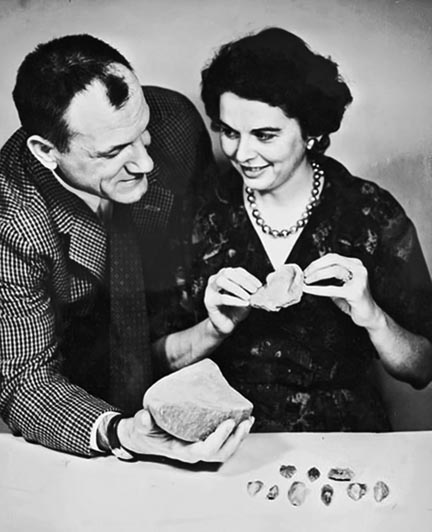FAQ
Why study archaeology?
Archaeology is one of the only disciplines that stretches across the arts and sciences; as such you’ll learn a great number of transferrable skills as part of an archaeology degree. These offer a great basis for a range of future careers, archaeological or otherwise.
As with a history degree you’ll learn about building an argument from historical evidence, understanding different kinds of archives and the various problems of historical method. But you’ll also learn about a range of scientific techniques from radiocarbon dating to stable isotope analysis and x-ray fluorescence. Archaeology uses a plethora of different methods, including text-based archival research, lab- based analyses using microscopy and other forms of imaging or technical analysis, and field methods for landscape interpretation, including pedestrian survey, mapping using GIS and remote sensing techniques. And of course we mustn’t forget excavation and the suite of methods associated with the recovery of archaeological information from buried sediments.
Some archaeologists go into heritage management or museums. Others prefer field or lab work, or specialize in archaeological illustration, mapping or planning. Yet others undertake different kinds of statistical analysis, machine learning or modeling to better understand past social processes. Some become specialists in past botanical or faunal remains, or in different technical and radiometric specialisms. Some prefer to do a bit of everything!
Whether or not you decide a career in archaeology is for you, the field has something for everyone, and the degree at Columbia allows you to build your own program of study across the disciplines, drawing on the parts of the field that are of most interest to you. You’ll find that you learn many important skills as part of an archaeology degree that offer a solid foundation for any career.
Below we list FAQs for students considering an archaeology major or concentration/minor. Also check out the information on the Solecki Award and Departmental Honors in archaeology:
The Ralph and Rose Solecki Award is given in honor of the eminent Columbia archaeologists, shown here in a 1957 photograph. The Award is given to a student, chosen by the faculty, who has made a significant contribution to the life of the archaeological community at Columbia and/or Barnard in the preceding year. The Solecki award is usually made to a graduating student, but it is open to all students in archaeology regardless of their status. The award comes with a small sum of money intended for books.
College guidelines for Departmental Honors include the following three criteria:
1. Departmental Honors are awarded to no more than 10 percent, or, in small departments, one member of the graduating majors (including all October, February, and May degrees);
2. A grade point average of at least 3.6 in major courses is expected for a student to be considered for Departmental Honors;
3. An honors thesis or equivalent project of high quality should be required by each department or academic program in order to receive Departmental Honors.


